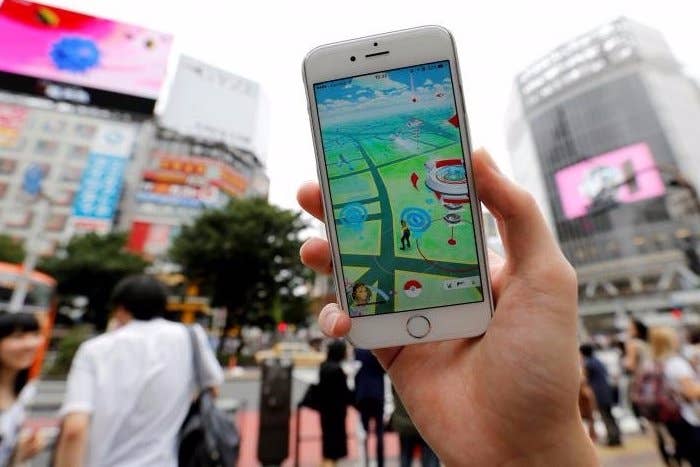Niantic facing court in The Hague over Pokémon Go
Fears over damage to a protected beach raise questions over efficacy of Niantic's grievance procedures
Niantic Labs will appear before a court in The Hague after it failed to respond to Dutch authorities' requests for a location to be removed from Pokémon Go.
Protected beaches in the Kijkduin municipality in the Netherlands have been a popular site for the game's players. According to The Guardian, "thousands" of people have been drawn to the area to catch the Pokémon that spawns there each day.
The Hague authorities are concerned about the environmental damage that the influx of of people might cause, but attempts to contact the company since mid-August have proved unsuccessful. A representative from The Hague said it had been left with "no other choice" but to resolve the matter in court. The case is due to be heard on October 11.
The Hague's demands are relatively simple: "to ban these small virtual animals in protected areas and in the streets from 11:00 pm to 7:00 am," with the authorities adding that, "Kijkduin will remain an attractive place for Pokémon hunters, but there will be less trouble for the residents and the damage to protected areas will be limited."
This is hardly the first time that Niantic's game has come under fire incentivising its players to descend on inappropriate locations. In July, Washington DC's Holocaust Museum appealed to have the site removed from the game, and the list has only grown since that point. As The Guardian summarised, memorials in Hiroshima and Berlin, the Auschwitz-Birchenau concentration camp site, and Tuol Sleng genocide museum in Cambodia all submitted requests to be removed.
Niantic established a system for delisting requests back in July, but The Hague's complaint raises questions over how efficient that service is for a site such as Kijkduin, which is trying to prevent environmental damage.
Niantic is also involved in a lawsuit with property owners in St. Clair Shores, Michigan.

